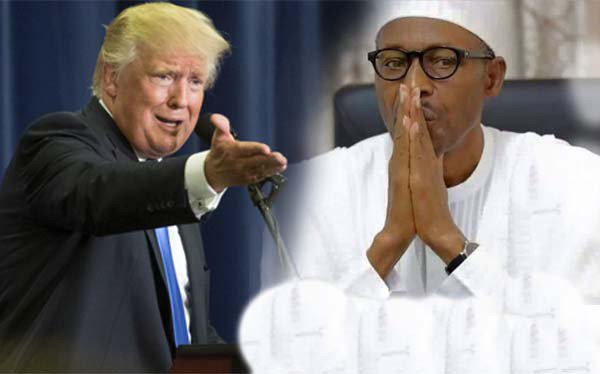Indications have emerged that a crackdown on visitors with visa overstays is imminent in the United States of America with Nigeria, Brazil, Venezuela, China and Colombia listed as countries with the most total overstays that do not participate in the visa waiver programme.
The Trump Administration says it has a problem with visa overstays in the country and is now determined to step up enforcement to try to cut down on the violations.
Consequently, the government is introducing a face scan for all US citizens travelling abroad.
The Department of Homeland Security (DHS) said this is aimed mainly at better tracking visa overstays and also at tightening security.
The agency said it’s the only way to successfully expand a programme that tracks non immigrant foreigners.
A report in May showed that more than 54 million visitors checked in last year – and nearly 630,000 of them didn’t go back home.
John Wagner, the Customs deputy executive assistant commissioner in charge of the programme, confirmed in an interview that U.S. citizens departing on international flights will submit to face scans.
The number of visa overstays was about 200,000 higher than the previous 12-month period.
Libya, a country of special interest because of terrorism concerns, saw 43 percent of its students refuse to leave on time, while a staggering 75 percent of students from Eritrea broke the terms of their deal, the report said.
Jessica Vaughan, policy studies director at the Centre for Immigration Studies, said those kinds of rates should force a rethink at the State Department, which issues visas, and should spur immigration officials to put more effort into deterring and deporting overstays in the U.S.
“The fact that more than 700,000 visits were overstayed last year shows just how much we need to step up interior enforcement to create more of a deterrent, not only by identifying and deporting overstays, but by weakening the job magnet by cracking down on employers who hire illegal workers,” she said.
